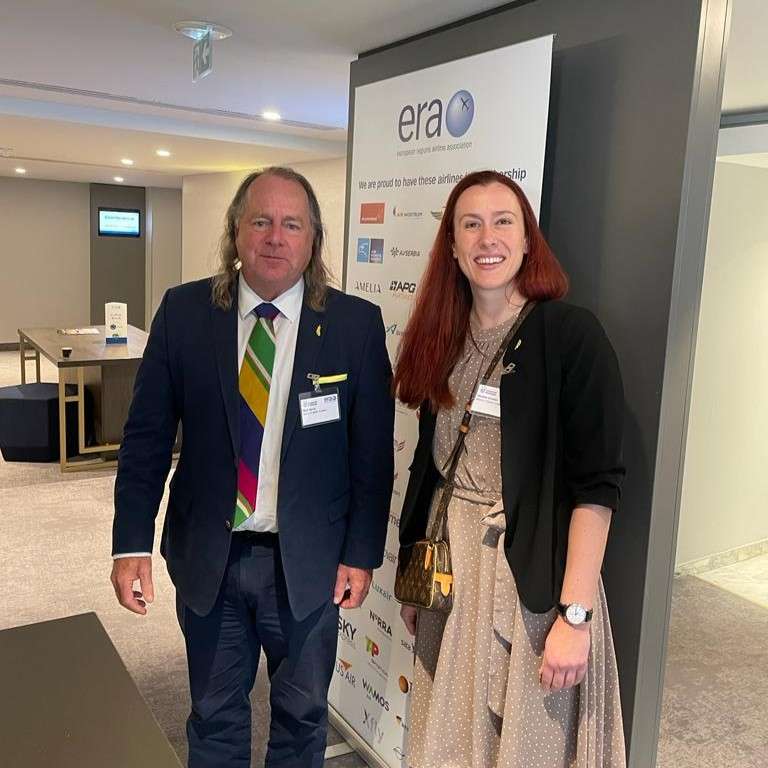Money laundering as a term is often associated exclusively with financial crime and illicit wealth. We make reference to it daily in the world of financial services; often when requesting address verification documents or certified copies of passports. In other words, money laundering has become a banal term connected to paperwork.
The reality of money laundering, however, is a very different tale. The underlying crimes which create the illicit wealth in need of laundering carry a human toll that is too often overlooked. In the shadows of this complex web of deceit and deception, some of the most vulnerable individuals in society fall victim to its devastating consequences. Human trafficking and slave labour are brutal crimes that thrive in the shadows of global economies. Often concealed beneath layers of legitimate business operations, the money generated from these heinous practices must be laundered to legitimize ill-gotten gains.
Human trafficking, a modern-day form of slavery, entraps millions of people worldwide. People from vulnerable populations are deprived of their basic human rights, subjected to physical and emotional abuse, and forced to work in deplorable conditions often with little or no pay. Money laundering plays a pivotal role in sustaining this cruel industry by funnelling profits into legal enterprises. Victims, predominantly women and children, are coerced, deceived, and forced into lives of servitude. The money laundered from their exploitation perpetuates a cycle of suffering that is difficult to break.
Behind the scenes, traffickers use money laundering to obscure the origins of their profits. They invest in legitimate businesses, purchase real estate, and open bank accounts under false identities, making it nearly impossible for law enforcement to trace the money back to its criminal source. Meanwhile, victims continue to endure physical and psychological abuse, trapped in a seemingly never-ending nightmare.
This was recently highlighted in the rather bizarre report of dozens of Malaysian citizens discovered in Peru, having been trafficked there under the false pretence of lucrative job offers only to have their passports taken from them, ability to contact friends or family removed and then forced to defraud people online with internet romances and cryptocurrency schemes for the benefit of their criminal gang captors.
The human impact of money laundering is not solely confined to the victims of human trafficking and slave labour. Entire communities and societies are affected. The laundered money flows into the legitimate economy, distorting market dynamics, and contributing to economic inequality. This, in turn, has broader societal consequences, leading to a less equitable and just world. The impact of money laundering, particularly in the context of human trafficking, is a harrowing reality that demands our attention.
Therefore, the next time you have to collect or are being asked to provide due diligence, don t just consider it as paperwork or some other bureaucratic exercise. Rather, recognize that every laundered Dollar, Pound or Euro represents a life affected and, therefore, ensuring the money you are dealing with from a legitimate source is for the protection of some of the world s most vulnerable citizens. In other words, it is not just about collecting certified passports there is a real human importance to the collection of due diligence.
Author, Juan McGuinness



